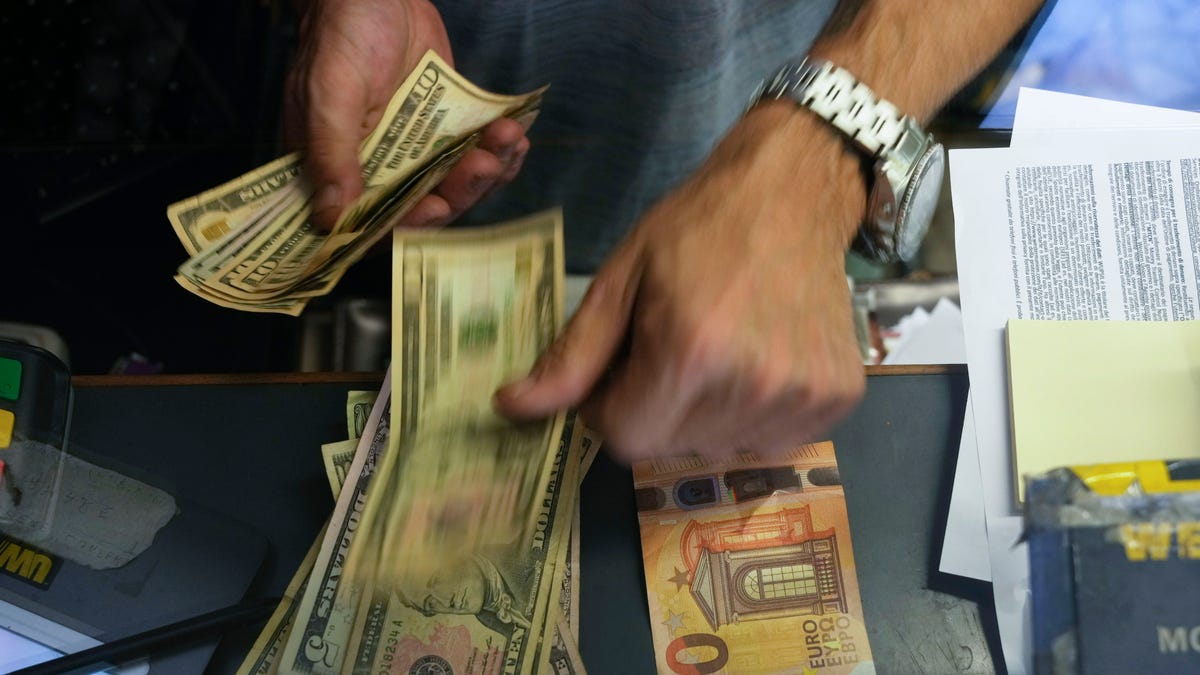European Central Bank raises rates by 75 basis points to fight inflation
On September 8, the European Central Bank (ECB) raised its interest rates by 75 basis points, the highest on record. The ECB revised its inflation expectations upwards to an average of 8.1% in 2022. The bank said it “plans to raise interest rates further, as inflation remains far too high and should stay above target for an extended period of time. Its officials face a double dilemma: galloping inflation and a stalled economy. The ECB has now joined the Federal Reserve and other major central banks in an all-out offensive against rising prices. The main objective of the ECB is to keep the prices of goods and services low, stable and predictable.
The ECB issued the following statement: “This major step precipitates the transition from the current very accommodative level of policy rates to levels that will ensure the rapid return of inflation to the ECB’s medium-term target of 2%.”
ECB President Christine Lagarde hit the nail on the head. The oversized rate hike was necessary because inflation of 9.1% in August was “far” from the bank’s 2% target. She expects Europe to face a years-long battle to control prices despite forecasts of the eurozone economy likely to stagnate. She said the ECB was seriously considering bringing inflation down to 2%. However, “no one should expect inflation to return to 2% in the next three months.”
The European economy is in the grip of an acute energy shock. The Russian invasion of Ukraine has inflated energy prices. Energy prices in the euro zone contribute about four percentage points to headline inflation compared to two in the United States.
Lagarde said: “Although we conclude that energy is the main source of inflation, together with the increase in food, we have inflation that spreads to a range of products and services where demand plays a role. .” The ECB suffered from rising prices for food, clothing, cars, household appliances and services.
How serious is the energy crisis in Europe? : Natural gas prices upend industries, irritate consumers and panic politicians
Federal Reserve officials will not flinch: Fed Jumbo Rate Hike in Play as Powell Sticks to Hawkish View
Doctor’s prescription: Jobs numbers should keep Federal Reserve on track to raise interest rates
Over the past 12 months, almost all advanced economies have faced high inflation. Their goal has been to slow economic activity by increasing the cost of borrowing. As consumers and businesses have resumed normal activities and pandemic-related restrictions have eased, strong demand for goods and services has been met with persistent supply shortages, driving up prices.
Meanwhile, Fed Chairman Jerome Powell said the US central bank would raise rates to fight inflation until the job was done. He uses the levers of monetary policy to ensure that the United States does not repeat our mistakes of the 1970s when inflation took root. Market participants expect the Federal Reserve to raise overnight rates by 75 basis points at its next meeting on September 20-21.
Implementing policies that will benefit all euro area countries is difficult. The euro area is made up of 19 different countries, each with its own economic structure, its own societal governance and its own fiscal policy. As a result, shocks that hit the euro area, whether a financial crisis, a pandemic or a war, affect each euro area country differently. For example, Italy is facing an existential crisis that threatens the fate of the entire European Union. The country suffers from excessive debt (300% of GDP), a declining and aging population and political instability.
From 2014 until recently, the ECB had kept rates in negative territory in an effort to stimulate spending and fight inflation. ECB critics argue the bank reacted too slowly to inflation that began when the COVID shutdowns ended and worsened when Russia invaded Ukraine. Many analysts now believe that a recession is inevitable. William Sels, global chief investment officer at HSBC, said: “The ECB and other central banks have been torn between the need to crush inflation and their realization that recession risks continue to rise.”
Ernest “Doc” Werlin, a Sarasota resident, spent 35 years in the fixed income space as a trader and salesman of corporate bonds, including time as a trading partner at MorganStanley. corporate bonds. Send your suggestions and comments to [email protected] or visit docwerlin.com.


Comments are closed.